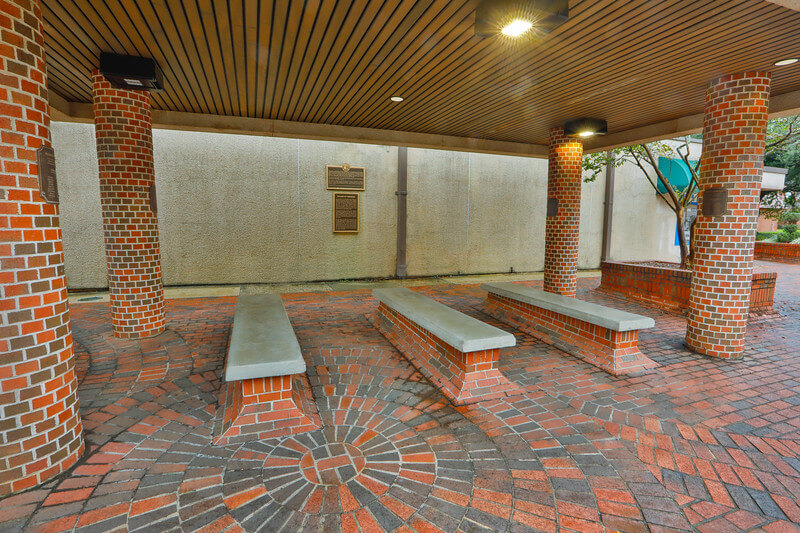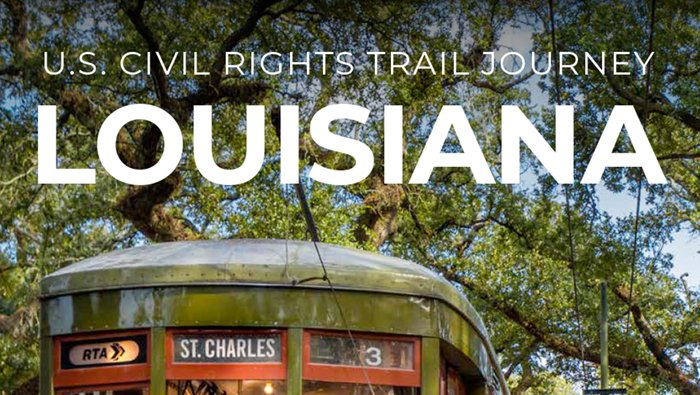Peaceful Desegregation in the South
Lafayette, the largest city found in the heart of Louisiana’s Acadiana, is in an idyllic setting with its pastures, bayous, rivers and streams, as well as its great food and world-famous music. Lafayette was first inhabited by the Attakapa Native Americans. French colonists later founded a trading post along the Vermilion River. In the mid-to-late 18th century, Acadian refugees began to settle the area after being expelled from Canada in the aftermath of Great Britain’s defeat of the French in the Seven Years’ War. This picturesque and culturally rich environment was a place of early civil rights leadership.
Prior to the Brown v. Board of Education decision, the movement to integrate Southwestern Louisiana Institute (SLI), now the University of Louisiana at Lafayette, began in 1953 when four Black students – Clara Dell Constantine, Martha Conway, Shirley Taylor and Charles Vincent Singleton – were prohibited from registering at the university. A suit was filed and the case of Constantine v. SLI was part of the NAACP’s lengthy campaign to desegregate Southern colleges and universities. In the summer of 1954, John Harold Taylor became the first Black student to enroll.
The University later led the way in the desegregation of Louisiana college athletics when, in 1966, it added three Black students to its basketball team. Two years later, Black student athletes joined the football team.


























